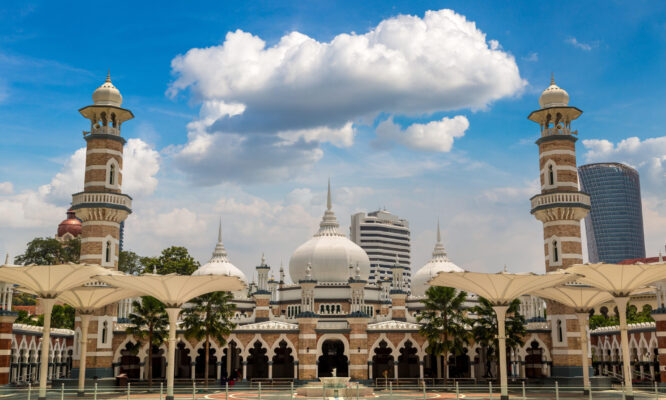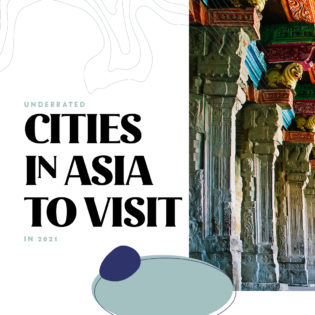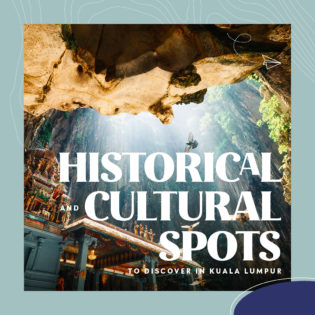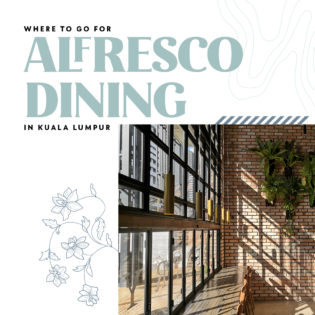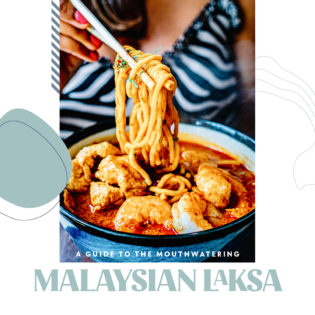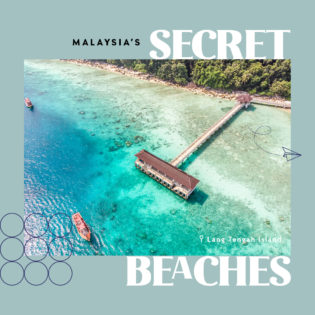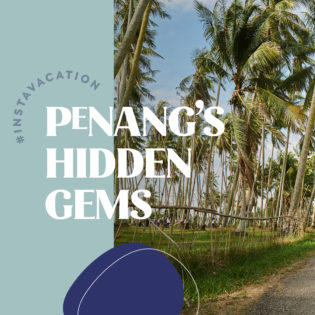Adopting a zero waste lifestyle is easier than one thinks
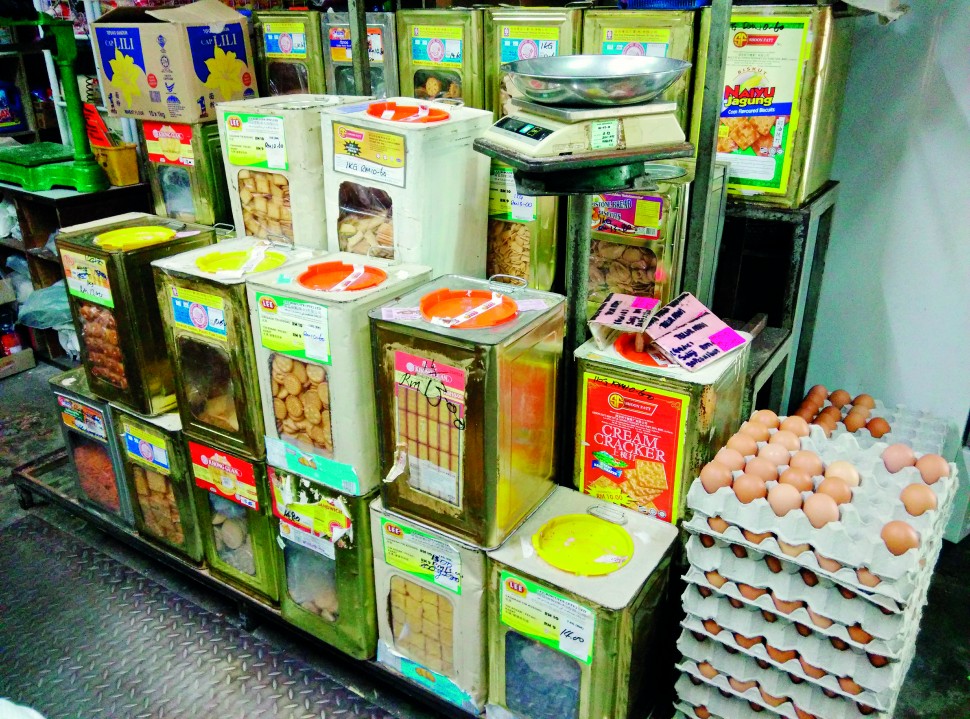
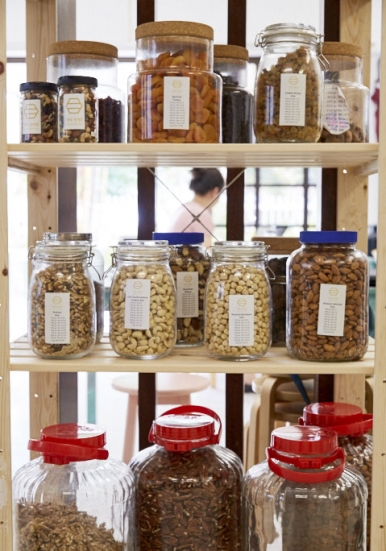
There’s a vaguely old-fashioned air about the Hive Bulk Foods store in the plush Bangsar neighbourhood of Kuala Lumpur, with its wood shelves laden with glass jars filled with daily food staples like flour, sugar, rice and oil. Like grocery stores of yore, there is no plastic packaging or even brand names. Items are sold by weight, and packed into paper bags or preferably, the customer’s own container. Small as it is, the store is beautiful in its simplicity and philosophy.
The Hive Bulk Foods store is a labour of love by Claire Sancelot, a French expatriate married to a Malaysian. Opened in May 2016, the objective was to support the fledgling Malaysian zero waste movement by doing away with unnecessary packaging that swaddles items for sale in most stores. It makes economic sense too. “Packaging is expensive, and it’s no point paying for it,” says Sancelot.
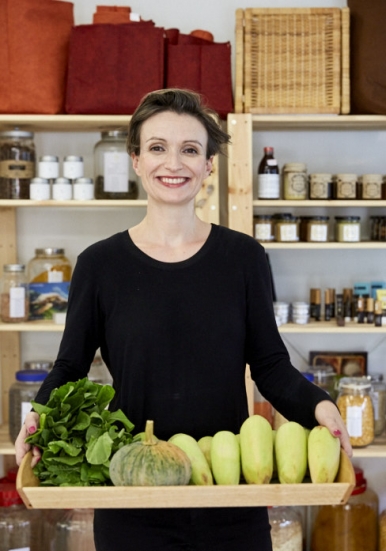
On average, the items at Hive Bulk Foods are 10 to 30 percent cheaper than comparable organic products. It’s a small store but it packs a good range of dry food like flour, quinoa, dried fruits and nuts, and fresh vegetables delivered several times a week by organic farmers. It carries cosmetics in biodegradable packaging, package-free toiletries, and items like reusable stainless steel straws. There’s even pre-loved clothing.
“We started small but now, every week, we get new customers,” says Sancelot, delighted that many have expressed curiosity about the zero waste movement. Zero wasters, as they term themselves, are people who aim to minimise trash from day-to-day living. This includes buying items without packaging, buying second-hand items, using biodegradable and recyclable products, and paring their purchases down to a minimum.
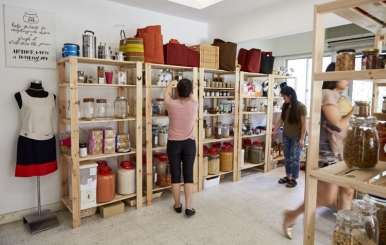
Sancelot has been a practitioner since 2010 while living in Hong Kong and realising the seriousness of environmental pollution when her first child was born. The family realised they were a part of the problem. “It’s because of us, the society, and the way we live,” she says.
They moved to Malaysia a few years later, and although the zero waste movement is still fledgling here, Sancelot found a high level of curiosity. In just a year or so, groups dedicated to the zero waste lifestyle on Facebook drew more than a thousand members. “We had felt like a drop in the ocean before but then we discovered thousands like us. It’s just that we are scattered around the globe,” she says.
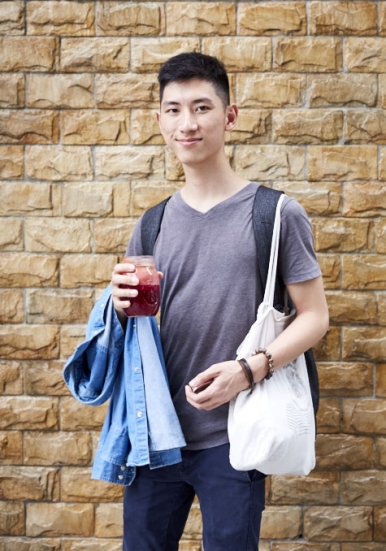
Former journalist Aurora Tin, who has been a zero waster for almost two years now, agrees. When she shops at the night market with her own containers, she says traders often tell her stories about other customers who do the same. “It’s still limited to individuals but there’s certainly a lot of interest from many people, even a fashion magazine,” said Tin, who began her quest for a greener life while writing about environmental issues as a journalist.
To be sure, a zero waste lifestyle sounds cumbersome but zero-wasters say the only really difficulty is setting up a system. It might take a few months to learn where to find unpackaged food and daily items, second-hand clothing, and other ways of reducing use, but after that, it becomes almost second nature.
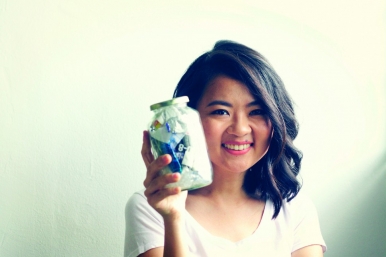
Aurora took a month to set up her system, including scouring the Internet for places to buy essentials such as cooking oil and soy sauce with disposable packaging. It also took her the same amount of time to collect used containers and cloth bags for her shopping. “It did consume a bit of time at the beginning but after that, it’s easy. It’s only when there is a new activity, like that time when we were invited for a paintball game. That took us some time to research,” she says.
Sancelot says becoming a zero waster is, in fact, easier in Malaysia because of the abundance of fresh and dry food, and malls where packaging can be refused without anyone raising an eyebrow. Items like oats, flour, quinoa, dried fruit, nuts and oil, and toiletries, are a little harder to find, and this was what spurred her decision to set up Hive Bulk Foods store.
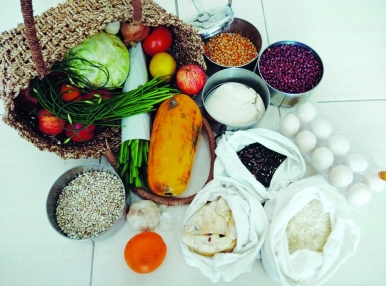
Most zero-wasters in Malaysia appear to be women, or at least, the most vocal ones are. Lawrence Chiu, a musician, laughs as he says he does not know why fewer men are as enthusiastically involved. Chiu does not feel out of place as his friends, both men and women, are receptive to his minimalist lifestyle. “The change is not difficult to make but sometimes, we need to explain a lot especially in shops that insist on plastic bags even when we don’t want one,” he says.
Is adopting a zero-waste lifestyle expensive? Sancelot does not think so. There are some one-time upfront costs such as reusable stainless steel straws or tiffin carriers but these get reused so many times that the cost is offset by the need to constantly purchase. It does, however, require a strong mindset change, says Sancelot, adding that the freedom a minimalist lifestyle brings makes it all worthwhile.
